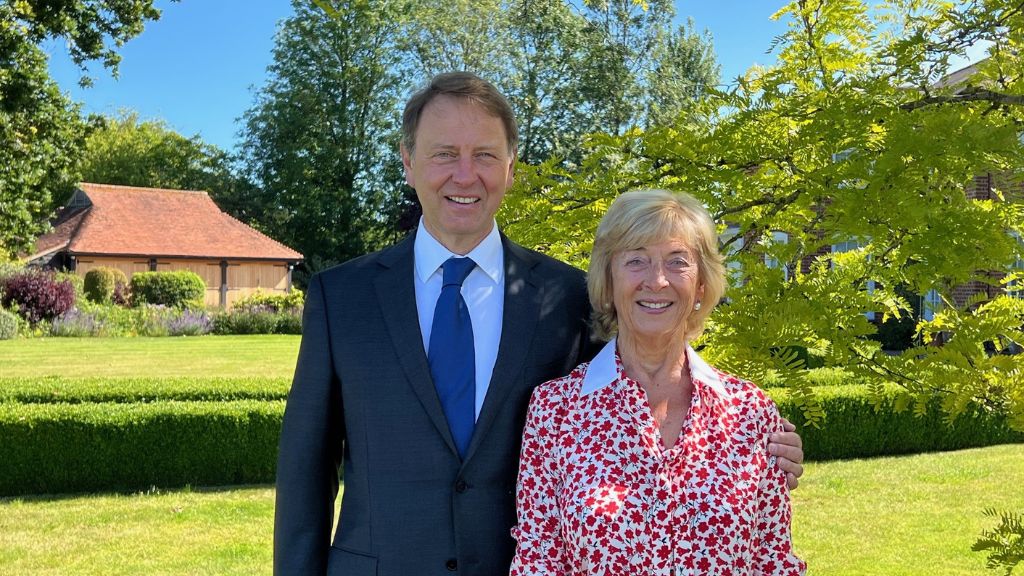Why diversity and inclusion must be prioritised in social care
Lisa Govier, head of equality, diversity and inclusion at Dimensions UK, on how the care provider supports a diverse workforce

Creating a workforce that is diverse and inclusive is not just important, or a persisting issue, within the social care sector. It is something that is imperative to get right in an industry which involves supporting and caring for individuals in such a close and personal capacity.
In 2022/23, the health and social care workforce was reported to be just 19% male, with charity Skills for Care finding that Black, Asian and minority ethnic social care staff face higher levels of workplace bullying and disciplinary action, while also being less likely to be appointed to jobs. Interestingly, while the workforce itself is just 19% male, men represented 31% of senior management, showing that we may not be getting the balance right at this level either.
At a time when major recruitment and retention difficulties for social care providers across the UK are persisting, there is more reason than ever to acknowledge and look at ways to increase diversity and deal with the pervasive issues that are present within the sector. With over half of respondents to a survey conducted by the Care Quality Commission saying that they were having challenges recruiting new staff we really can’t avoid the lack of diversity anymore. In fact, it could be key to solving the issue.
Improving diversity is not just the right thing to do, but also allows us to find untapped talent and potential in people that are often overlooked or disregarded in the recruitment process. As the highest-ranked social care organisation included in the list of UK’s Best Workplaces, and having been successfully accredited six years in a row, we put our success as an organisation down largely to listening and acting on our colleagues’ valuable feedback and actively prioritising initiatives which encourage diverse recruitment and retaining the excellent people that choose to work with us.
It is this active prioritisation towards diversity and inclusion that is needed if we are to turn the tide and utilise the untapped potential that is hiding in plain sight all around us.
To ensure the recruitment process is fair and equitable for all, there are many proactive but simple steps to take which include having a colleague from an ethnic minority on the interview panel to act as a ‘critical friend’ and identify any unconscious bias, as well as including reasonable adjustments to ensure those with disabilities can participate fully in the process.
Inclusion also goes right down to the heart of the job itself by ensuring that new and existing colleagues are offered the opportunity to work flexibly and in a way that suits them as an individual. By removing the ‘cookie cutter’ job role, you open the doors for more creativity, a more diverse talent pool and, ultimately, happier and more content staff.
At Dimensions, we also recognise the pivotal role that our progressive career development programme Aspire has in attracting and retaining a diverse workforce that feels valued in their role. The programme takes a tailored and holistic approach providing immense benefits for those who take part. And with a focus on interests and enthusiasm rather than just vertical career progression, our colleague feedback tells us people have experienced extraordinary career and personal development as a result.
Diversity and inclusion is not an issue that will solve itself. It takes active action from each and every organisation to create change, but we have seen first-hand what simple yet intentional changes to the recruitment and career development processes can make at every level. The proportion of first level managers from a Black, Asian and minority ethnic background increased to 12% in 2023, up from 8.9% of all managers, including within senior positions, in 2019.
But we know we can do more. If we can all commit to embedding proactive solutions into our processes, then the sector could begin to solve its recruitment difficulties while ensuring that no talented individual gets left behind.



